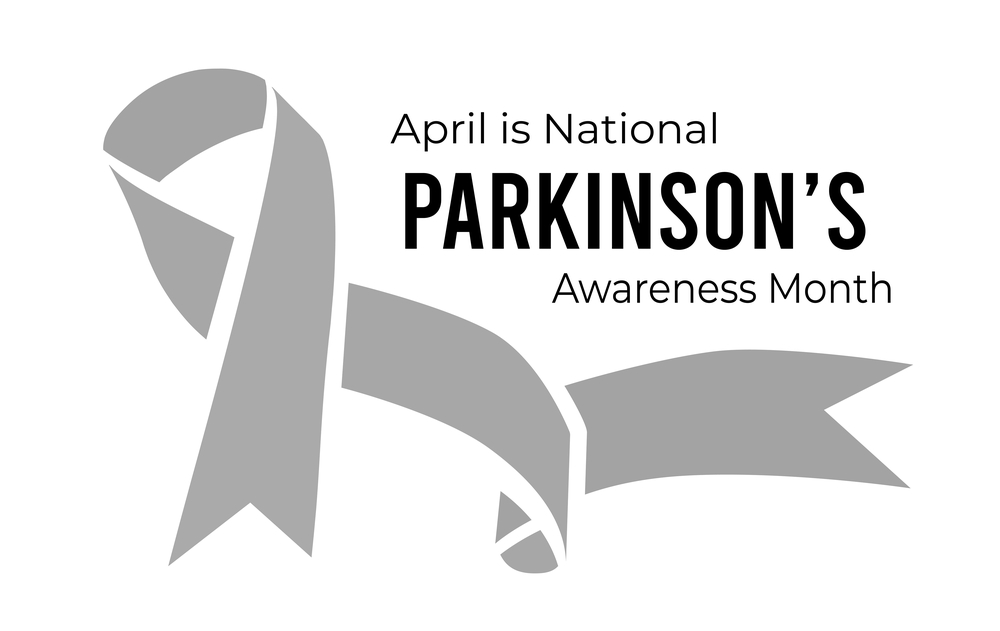
Recover Better with Orthopedic Rehabilitation at Maplewood Sauk Prairie
March 8, 2025Understanding Parkinson’s Disease
Parkinson’s disease (PD) is a brain disorder that mainly affects how a person moves. It happens when special brain cells that make a chemical called dopamine start to die. Without enough dopamine, people may have shaking (tremors), stiff muscles, slow movement, and trouble with balance.
Some people also get dizzy when they stand up, a problem called orthostatic hypotension. Over time, doing everyday things like walking, getting dressed, or eating can get harder. Parkinson’s affects each person differently—some have mostly movement problems, while others also struggle with sleep, mood changes, memory issues, or trouble with thinking clearly.
What Causes Parkinson’s?
Doctors don’t know exactly what causes Parkinson’s, but it may come from a mix of genes and environmental factors. Things like air pollution, pesticides, or head injuries can raise the risk. Most people are diagnosed after age 60, but younger people can get it too. That’s why learning about the disease and spotting early signs is so important.
How Parkinson’s Changes Daily Life
Living with Parkinson’s can make simple tasks feel difficult. Things like bathing, getting dressed, or even walking may require help. People may feel frustrated or sad when they can’t do things the way they used to. Planning trips or going out may take extra time and support.
Physical Challenges
Parkinson’s makes movement harder over time. Walking might slow down, feet might shuffle, and balance might be poor, which increases the risk of falling. Hands may shake, making it tough to write, button a shirt, or eat. These problems can take away a person’s independence and affect their confidence.
Emotional and Social Struggles
Parkinson’s doesn’t just affect the body—it can affect emotions too. Many people feel anxious, frustrated, or even depressed. As the disease makes it harder to be active and social, people might feel embarrassed or alone. This can lead to less time spent with friends and family, which affects mental health.
It’s important to treat not just the movement problems, but also offer emotional and mental health support to those living with Parkinson’s.
Why April Matter

April is Parkinson’s Awareness Month—a time to learn about the disease and show support for people living with it. People around the world share stories, join events, and raise money for research. It’s a powerful reminder that no one is alone in this fight.
A Look Back
April was chosen for this awareness month to honor Dr. James Parkinson, who first described the disease in 1817. Since then, groups like the Parkinson’s Disease Association have worked hard to teach others about the condition and offer support to patients and families. Today, this month is recognized worldwide.
Goals of Parkinson’s Awareness Month
This month isn’t just about awareness—it’s about action. The goals include:
- Raising awareness and clearing up confusion about Parkinson’s
- Encouraging support and community for patients and families
- Pushing for more research, better care, and early diagnosis
The Power of Community
Dealing with Parkinson’s is easier with others by your side. Support groups and communities give people a place to share their experiences, learn from each other, and feel less alone. These groups can help both patients and their caregivers cope with challenges and find hope.
Finding Support
If you or someone you love has Parkinson’s, talking to others can really help. Organizations like the Parkinson’s Foundation have lists of support groups across the U.S. You can also check local hospitals, senior centers, or ask a doctor or social worker to help you find one.
Families and Caregivers
Parkinson’s affects the whole family, not just the person with the disease. Family members often help with doctor visits, daily tasks, and emotional support. It can be tough, so caregivers also need help and community. Joining caregiver support groups can give them tools, strength, and peace of mind.
Maplewood Sauk Prairie: A Local Leader in Parkinson’s Care
Maplewood Sauk Prairie, located in Sauk City, Wisconsin, is one example of a center that provides great care for people with Parkinson’s. They offer physical, occupational, and speech therapy—all designed to improve movement, independence, and thinking skills. Their goal is to help people with Parkinson’s live their best life.
At Maplewood, programs are made for each person’s needs. Physical therapy helps with balance and strength. Group fitness classes are fun and supportive. Activities also focus on keeping the brain sharp and helping people feel connected. It’s not just about treating the disease—it’s about improving life.
Let’s Make a Difference
April is a time to come together and support people with Parkinson’s disease. Whether it’s by joining a support group, sharing stories, or taking part in events, every action helps. Let’s raise awareness, support each other, and push for better care and new discoveries. Together, we can truly make a difference.


